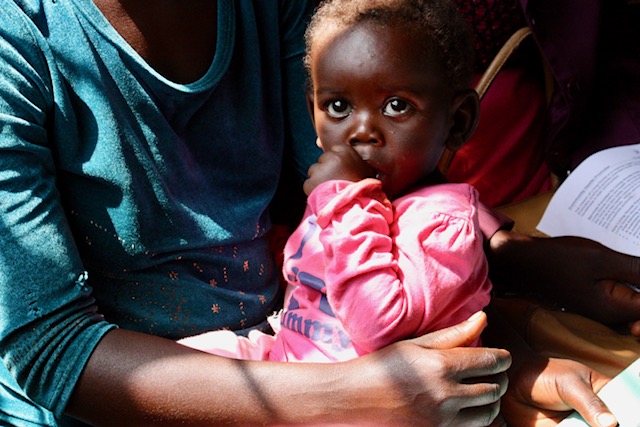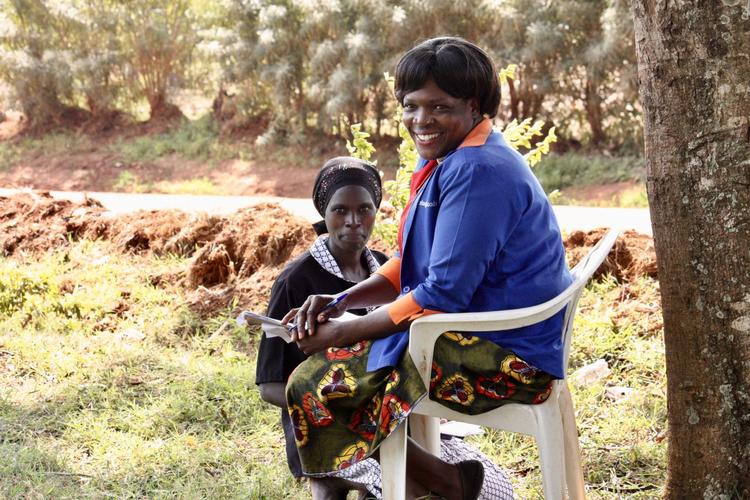For each year the Social Enterprise class is offered, 5 Project Hosts are selected to work with teams of three Yale undergraduates. Students will spend up to 8 weeks with their hosts in the summer between the two terms they are in class. Hosts are identified and confirmed by November in the year before that summer. For example, for the summer of 2019, Hosts will have been identified and selected by November 2018.

The overall Host selection process will begin well before this time, as Host coordinators and the class instructor will work together to identify and “scope” a meaningful set of project expectations (i.e. “deliverables”) the students will be expected to complete for the Host. The students will also have a series of deliverables for the instructor (see below).
Participant Hosts can expect to receive a team of highly motivated students (ages 19-21) deeply interested in the field of social enterprise. These students will be on a graded assignment to complete detailed case studies of participating organizations and are not consultants to the organizations themselves.
In addition to Host project expectations, students will be encouraged to learn about the Host organization itself, utilizing unstructured observation time (just collecting their own thoughts and processing the new information that they see and learn about) and building an environment of “trust familiarity” between themselves and the host organization. Also, during this time, the students should be expected to visit the surrounding area – filming set up shots, and more importantly, becoming grounded in the size and complexity of the environment. Students will spend independent time to develop a “story-board” and interview guide based on everything they have learned. Finally, they will conduct scripted interviews with key members of management to get the organizational story straight and provide context for the written part of the case. To the extent customers can be interviewed to understand the importance of the enterprise to the community – the more the better.

Students will not require excessive hand-holding by the host organization, but should be permitted to try and schedule meetings, interviews or site visits as will be mutually convenient. Nevertheless, the organization should have a dedicated point person to assist the students and provide translation services should it become necessary.
To the extent students can be introduced into the community by staying locally with or near families involved with the host organization, the learning experience will only be richer for all. The students (through a previously secured grant) will be responsible for all expenses associated with travel and daily living costs.
Student teams will finish their host projects and case preparation work once they return to the classroom in the fall, but host participants should expect some contact from the Yale team members during the term to answer follow-up questions.
There can be no guarantee that any case will be published by Yale until the final drafts completed and reviewed by both the host organization and the Yale case writing committee. Hosts are expected to have final say over any content included in the case write-up and may work with students to edit or exclude elements of the case at their sole discretion. Once sign-off from the host is received, Yale will have final say over how the case is published and distributed.
